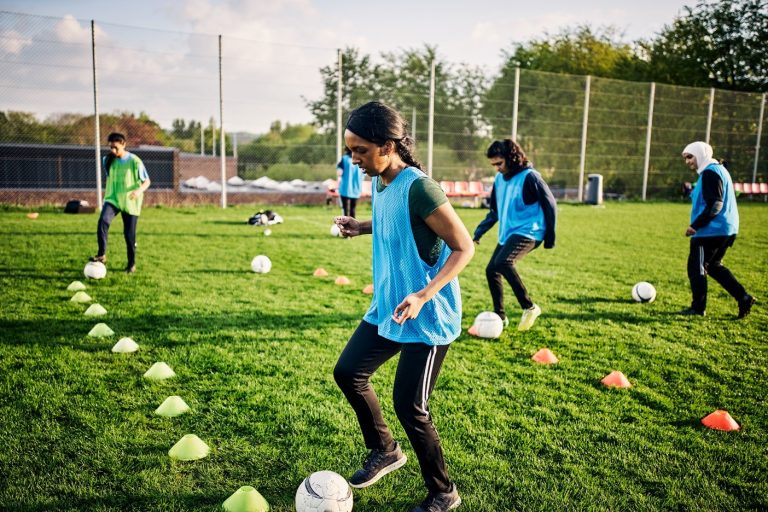A new study from The University of Manchester has found that participation in arts, culture, and sports activities can significantly boost the wellbeing of young people, offering a possible remedy to the sharp decline in youth life satisfaction over the past two decades. The research comes as part of the #BeeWell project, which explores the wellbeing of the UK’s youth.
This comes against the backdrop of a major international study that placed the UK’s young people fourth from the bottom out of 74 countries in terms of life satisfaction.
In their latest research, published by Policy@Manchester, Stephanie Ray, Samuel Hugh-Jones, and Professor Neil Humphrey revealed that young people engaging in arts, culture, entertainment, and sports had improved wellbeing one year later compared to their less engaged peers. The findings show that a diverse or selective approach to these activities can have a lasting positive impact on mental health.
However, the researchers caution that participation in these activities is unequal. Young people from disadvantaged socio-economic backgrounds and LGBTQ+ communities tend to engage less in these activities. This lack of engagement could limit their access to the wellbeing benefits associated with such participation.
The findings add to growing evidence that supporting participation in these activities – dubbed SPACES (Supporting Participation in Arts, Culture, Entertainment, and Sports) – offers not just social but economic value. The 2023 Creative Health Review by the All-Party Parliamentary Group on Arts, Health and Wellbeing highlighted the long-term value of investing in creative health initiatives, urging HM Treasury to allocate appropriate resources.
The researchers also referenced the Labour Party’s general election manifesto, which pledged to tackle the “mental health epidemic that is paralysing lives, particularly those of children and young people.”
The University of Manchester academics call for a national Creative Health Strategy, stressing the importance of addressing barriers that prevent young people from participating in these wellbeing-boosting activities. They advocate a strategy that actively listens to young people’s voices to shape accessible and inclusive arts, culture, and sports programmes.
Central to such a strategy, they argue, is increased provision both within and outside school environments. The Greater Manchester Baccalaureate, for example, offers a model that combines academic learning with performing arts and design to create pathways into creative and sporting careers.
The proposed strategy would involve coordination between various government departments, including the Department for Education, the Department of Health and Social Care, and the Department for Culture, Media and Sport. Collaboration between policymakers, researchers, educators, and practitioners is essential to making SPACES an established part of young people’s wellbeing programmes, the researchers suggest.
The findings from Ray, Hugh-Jones, and Humphrey’s study will be discussed at an event organised by The University of Manchester on Tuesday, 8 October. The event, featuring researchers, artists, allied professionals, and young people, will focus on how participation in arts and sports can improve the wellbeing of young people. Interested attendees can register online.
The full research article, titled Creating SPACES for young people’s wellbeing, is available on the Policy@Manchester website.



